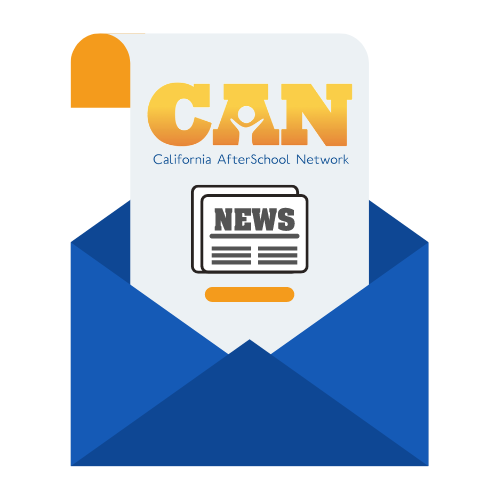COVID 19 Response Package #3
Federal Update: March 26, 2020
UPDATE: The third Coronavirus response bill was signed by the president on Friday, March 27.
The $2 Trillion COVID-19 Response Package #3/The CARES Act which was passed by the Senate on Wednesday, March 25 and will hopefully be passed by the House and signed by the President (who has already stated he would sign it) within the next couple of days.
The legislation, the Coronavirus Aid, Relief, and Economic Security Act (The CARES Act), has several provisions that are essential for afterschool providers, including:
- The State Education Stabilization Fund can be used to support afterschool and summer learning programs and their providers.
- The additional funding for childcare can be used by afterschool providers/staff that are continuing to stay open to serve their existing students and/or the children of health care providers and other essential staff.
- It makes it clear that non-profits are eligible for all the resources targeted to small businesses.
- Makes changes to the charitable deduction for tax year 2020 to encourage support of nonprofit organizations.
See more details below and additional information on the Afterschool Alliance blog post.
Education - State Education Stabilization Fund: $30.75 billion.
Relevant provisions include:
Elementary and Secondary School/K-12 Education: $13.5 Billion
- State Education Agencies must distribute at least 90 percent of funds to school districts who can work with partner organizations to address community needs
- Use of funds includes anything already in ESSA (which includes 21st CCLC), IDEA, Perkins-CTE, and the McKinney Vento Homeless Youth Act
- Specific activities for this funding called out to address
the pandemic include:
- Planning and implementing activities during the summer and afterschool
- Planning and coordinating meals
- Online learning and other educational services
- Purchasing technology
- Mental health support
- Includes an expectation that recipients of funds such a LEAs/School districts shall to the greatest extent practicable, continue to pay their employees and contractors
- States must continue maintenance of effort
- Funds are to be allocated to states as follows:
- 60 percent on the basis of population aged 5-24 (essentially Title II ESEA distribution)
- 40 percent on the basis of Title I of ESEA children
Governor’s Discretion for SEAs: $3 billion
-
Allocated at governors’ discretion for grants to local districts that the State Education Agency deems most impacted by COVID-19 to continue educational support and ongoing district operations
Safe Schools and Citizenship Education: $100 million
-
Funds for Project SERV which provides education-related services—including counseling and referral to mental health services as needed—to local educational agencies (LEAs).
Child Care
The Child Care Development Block Grant (CCDBG): $3.5 billion
-
Grants to states for immediate assistance to child care providers to prevent them from going out of business and to otherwise support child care for families, including for healthcare workers, first responders, and others playing critical roles during this crisis.
Head Start: $750 million
- Grants to all Head Start programs to help them respond to coronavirus related needs of children and families, including making up for lost learning time.
Community Services
Community Services Block Grant: $1 billion
- Direct funding to local community-based organizations to provide a wide-range of social services and emergency assistance for those who need it most
School Nutrition and Food Insecurity
Supplemental Nutrition Assistance Program (SNAP): $15.5 billion
Child Nutrition Programs: $8.8 billion
- Ensures children receive meals while school is not in session
Nonprofit Organizations and Small Businesses
For nonprofits including nonprofit afterschool and youth-serving organizations and small for-profit afterschool providers, the legislation includes charitable giving incentives, paycheck protection program, and emergency unemployment relief. You can find a more in-depth summary here.
Next Steps
While the bill has to pass the House before becoming law, and will not address all of the challenges of the afterschool field as it responds to the pandemic, the funding opportunities and flexibility included in the bill will help local and state-level afterschool advocates as they work to serve their communities children, youth and families. Guidance from federal agencies will be important once the bill is passed to help ensure quick and effective implementation of the law.
In the meantime, friends of afterschool can continue to reach out to Congress about the important role afterschool programs are playing.

